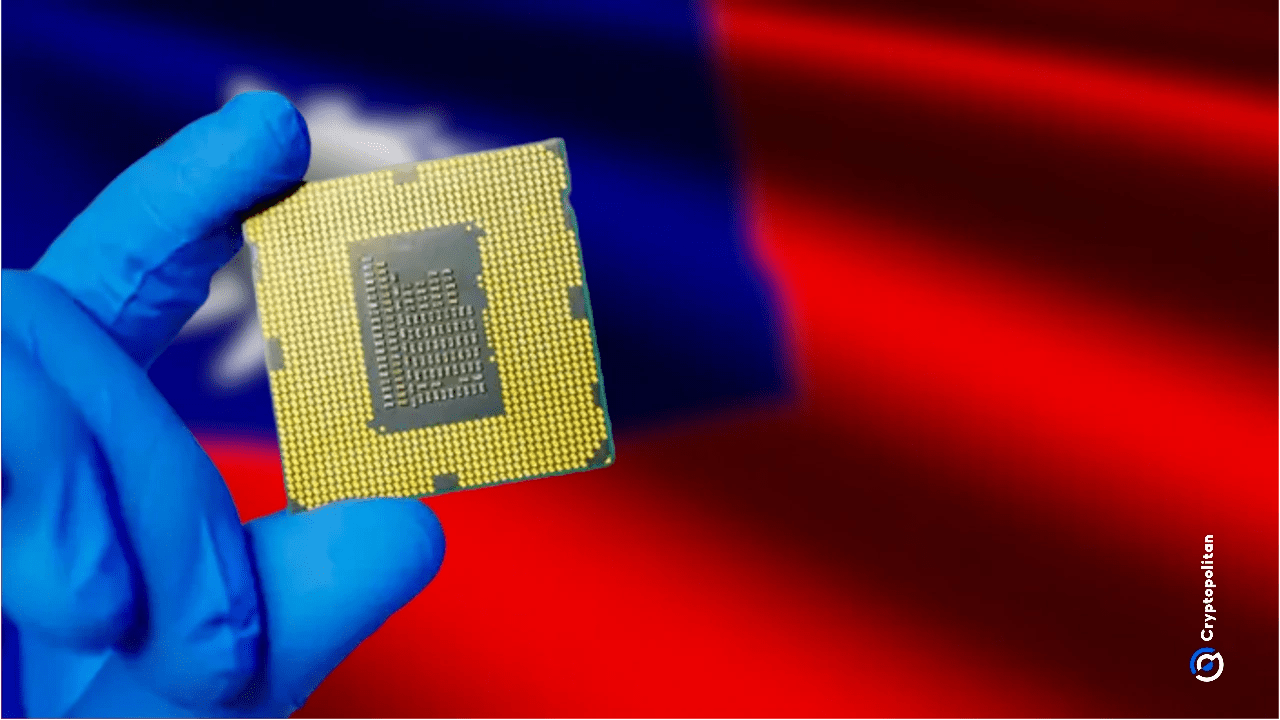Ripple CEO Confirms Privacy as Next Stage for XRP’s Institutional Expansion
- Ripple advances XRP privacy to attract major institutional blockchain adoption.
- Confidential transactions and smart contracts set to reshape XRP Ledger.
- New privacy features aim to balance compliance with institutional confidentiality.
The XRP community witnessed a significant revelation after Ripple CEO Brad Garlinghouse confirmed that privacy will drive the next phase of XRP’s institutional adoption. According to Vet, the discussion between him and Garlinghouse centered on strengthening privacy within the XRP ecosystem.
This development aligns with the broader goal of creating a compliant yet confidential environment for institutional transactions.
Ripple has progressively built the XRP Ledger into a robust infrastructure for real-world use cases. It has introduced decentralized identifiers, on-chain credentials, and permissioned domains to ensure compliance and security.
Moreover, the network now features multipurpose tokens that simplify tokenization while its native decentralized exchange merges AMM liquidity with a traditional order book. Despite these advancements, one crucial element remains—privacy.
Also Read: Swift Exec Mocks XRP as “Fax Machine,” Sparks Furious Clash with Crypto Fans
Developers and Ripple Leadership Target Privacy Layer for Institutional Use
Developers and Ripple executives agree that privacy will complete the ecosystem’s institutional framework. The upcoming privacy layer includes functions under proposal XLS-66, allowing institutions to lend and borrow assets using tokenized collateral.
This system leverages zero-knowledge proofs to conceal sensitive balance and transaction data while maintaining compliance visibility for regulators. Hence, institutions can protect competitive data without compromising transparency.
Ripple’s Senior Director of Engineering, Ayo Akinyele, emphasized the scale of this transformation. He stated that trillions in institutional assets will likely transition on-chain over the next decade. To achieve this, his team is developing confidential multipurpose tokens scheduled for launch in the first quarter of 2026. These tokens will enable private collateral management and secure asset handling across financial platforms.
Smart Contracts and Privacy Bridge to Institutional Era
Smart escrows proposed under XLS-100 and upcoming smart contracts in XLS-101 are expected to support these privacy-driven functions. Together, they will form the foundation for private institutional transactions within the XRP Ledger.
This strategic focus marks a defining step toward positioning XRP as a trusted infrastructure for large-scale financial institutions. As privacy becomes the bridge connecting compliance with confidentiality, Ripple’s roadmap signals its readiness to lead blockchain adoption in traditional finance.
Also Read: Shiba Inu Approaches Critical Price Zone as Bulls and Bears Battle for Control
The post Ripple CEO Confirms Privacy as Next Stage for XRP’s Institutional Expansion appeared first on 36Crypto.
You May Also Like

The dollar is down over 10% in 2025, heading for its worst year since 1973

Aster Surpasses Major Competitors in Revenue Surge
